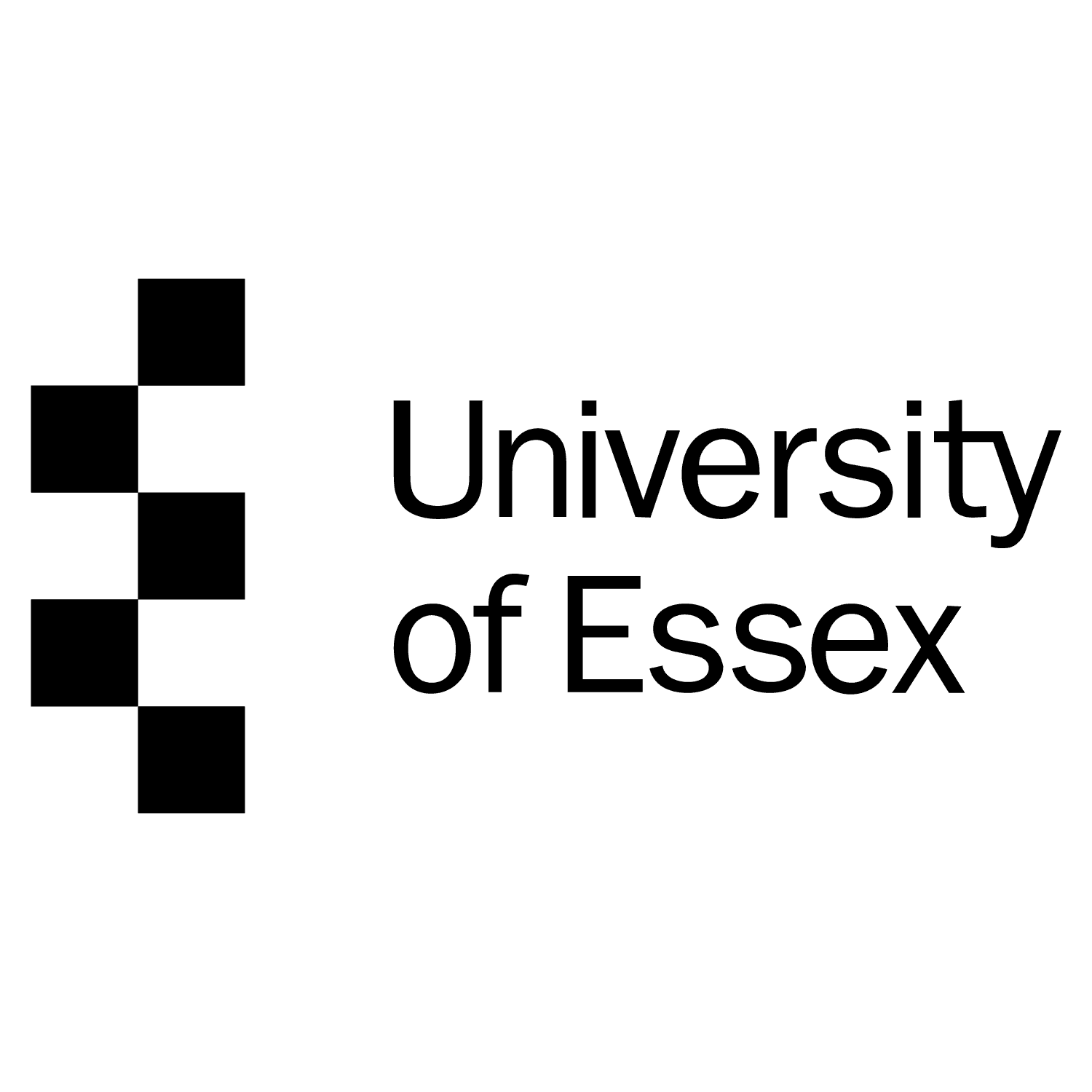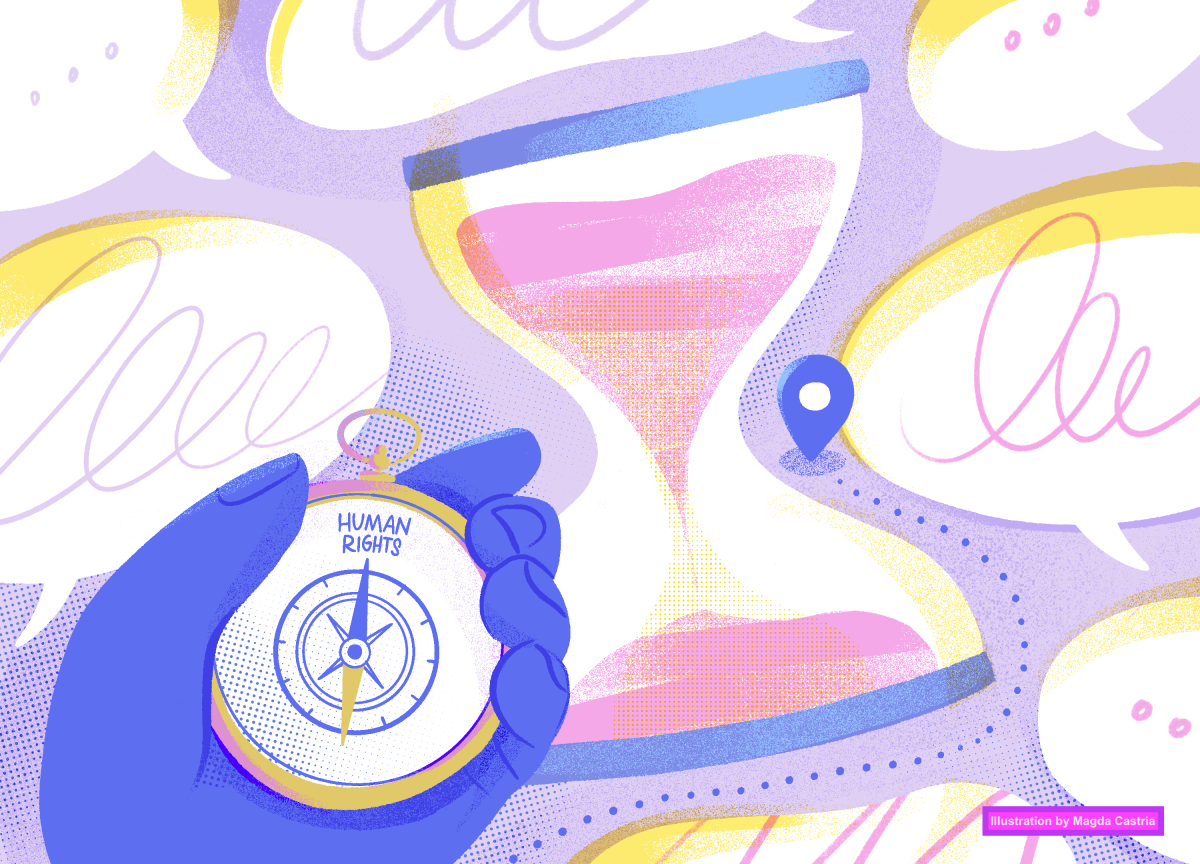By Audrey Olivier
Last year, I joined the Human Rights Leadership Lab with Liz Griffin at the Human Rights Centre, Essex University. It caught my attention as it is the first course which I have come across on leadership specifically tailored to the needs of human rights activists and professionals and has a central focus on values.
Over the course of several weeks, we reflected upon our own and organizational values and how they permeate our organizational cultures. We also spent some time sharing our common challenges in leading organizations and teams, as well as in leading ourselves. Here are a few key takeaways from the Lab and some leadership reflections of my own:
Values as a standard of collective accountability
“Values” could seem like a “buzz word,” as much as “strategy” or “goals.” They look good on paper and can be catchy. They are aspirational and bring people together, such as Dignity, Respect, Collaboration, Innovation, Humility, or Inclusion. We can feel proud of them and of working for an organization which stands for these values. However, the Human Rights Leadership Lab prompts us to explore how these values are actually implemented both in and outside of our organizations. It gave us a safe space to interrogate how our human rights values influence how we work, and not just what we do. We interrogated whether our values are really embedded in our organizational processes or if our values simply remain on the shelf.
I recently had the chance to facilitate a two-day workshop for an international non-profit organization based in Geneva, Switzerland. It was the perfect opportunity to apply what we had discussed during the course. We kicked off the first morning of the workshop with a discussion on values. I was impressed with the quality and honesty of the debates. We looked very honestly at the values proposed and assessed them according to the current way of working. There were some difficult questions, such as: are we really “walking our talk,” or are these values only “wishful thinking”? Liz Griffin, the convener of the Human Rights Leadership Lab, has written about this important question before, and it shows up in each module of the Lab.I believe this is where most of the hard work lies. Making sure that agreed values apply both internally and externally to our organizations and they permeate our policies, procedures, and modus operandi is essential to hold ourselves accountable. It goes beyond the mere exercise of strategic planning and shall become an integral part of evaluating the effectiveness and relevance of what we do. If the values are aspirational, they do remain a standard of collective accountability.
As leaders of human rights organizations, we are accountable and have ethical responsibilities towards many: our Board, our team, our funders and supporters, our partners and stakeholders. The Human Rights Leadership Lab opened up a space for us to examine in very practical ways how our organizational values can help us in our management, guiding our decision-making processes, informing our project design cycles, and being mainstreamed in our internal processes from recruitment to performance reviews. Starting with revisiting values at the beginning of a strategic review process is very powerful. It allows for honest and frank discussions about whether we are really implementing them. And if not, what needs to be done to have them be more than words on paper.
Leadership is hard… and self-leadership even harder
Although the Leadership Lab spans a few weeks and we were required to participate for eight hours each week, many of us struggled to make time in our agendas to participate fully in the Lab.
At times, it seemed my Outlook agenda had taken possession and control of my time, and not the reverse. I don’t recount how many times participants said: “I don’t have time to…” All of us on the course were craving more time at work. To read, to learn and reflect. And we were craving a more focused and meaningful time with our colleagues, instead of endless meetings with almost no agenda nor objectives. Some of us had been “working through meetings” during all day long, and only had some focused time at nights or during the week-end to do our “real work”, meaning, writing documents and policies, or fundraising proposals. I struggled to be fully present during meetings with my colleagues, thinking already about the next meeting or the next thing on my ever-growing to-do list that I would, in any case, not manage to do during the day.
As our workplaces are becoming increasingly agile, flexible and adaptable, our roles as leaders need to be reviewed and reinvented. We cannot lead organizations the way we led two, five or ten years ago. We are required to constantly adapt, change, and break our habits. For some of us, change can be thrilling, invigorating, and opening endless opportunities. For others, change creates fear, confusion, and stress. To bring everyone along, spending significant time understanding and listening to different perspectives and concerns is essential.
Listening is the key. During the Leadership Lab we spent considerable time learning about active listening which is a super-power for leaders. That’s not listening to respond, but truly listening to what others have to say. Valuing their inputs and different perspectives. This is something I have missed on numerous occasions while promoting change initiatives. This is definitely something I want to get better at. I have also realized that it starts with listening to oneself and making the time to regroup instead of juggling constantly with myriads of priorities.
As leaders, we need time off from the busyness of daily office routines to reflect and get inspiration for the future of our cause and our organizations. We also need time to learn, and self-reflect to take lessons from what is working, and what is not working. The Leadership Lab gave me and the other leaders in our cohort that space. But we also need the mental and physical bandwidth, and the ability to step aside from certain situations. We can also allow for more space for others to take on some organizational responsibilities and foster new and emerging generations of leaders.
As more and more of us – including myself – have been through burn-out and intensive workload, I believe that more discussions and thinking need to go into the future of work within our not-for-profit organizations if we want to continue delivering high-quality services and innovating, while at the same time, building resilient and healthy organizations. We do have a responsibility as leaders to engage in these conversations, and include our team, our Board, our partners and stakeholders, as well as our funders. The Leadership Lab is a pioneering space that gives us the space for reflection and time to explore how we put our values into action in our human rights work.
Audrey Olivier Muralt (she/her) holds a Masters’ degree in International Humanitarian and Human Rights Law from Aix Marseille University III (France) and a LLM in Political Sciences and Public Administration from Science Po Rennes (France). She has worked on social justice, accountability and torture prevention issues for more than fifteen years. She held various leadership positions at the international torture prevention NGO, also known as the Association for the Prevention of Torture (APT, www.apt.ch), including heading their Regional Office for Latin America in Panama. Until September 2023, she was their Deputy Secretary General, focusing on promoting better detention conditions through advocacy, policy and practices change. As the Deputy, she led a small team based in Geneva as well as in Asia, Latin America and Oceania. Her responsibilities included operations, communication, fundraising, representation, digital transformation and organisational change. After a career break dedicated to resting, taking care of her young kids, learning, and practicing contemporary dance, she acted as the Strategy Advisor to Civitas Maxima, an NGO dedicated to support international justice. She supported them crafting their first strategic plan and strengthening their organisational model.

